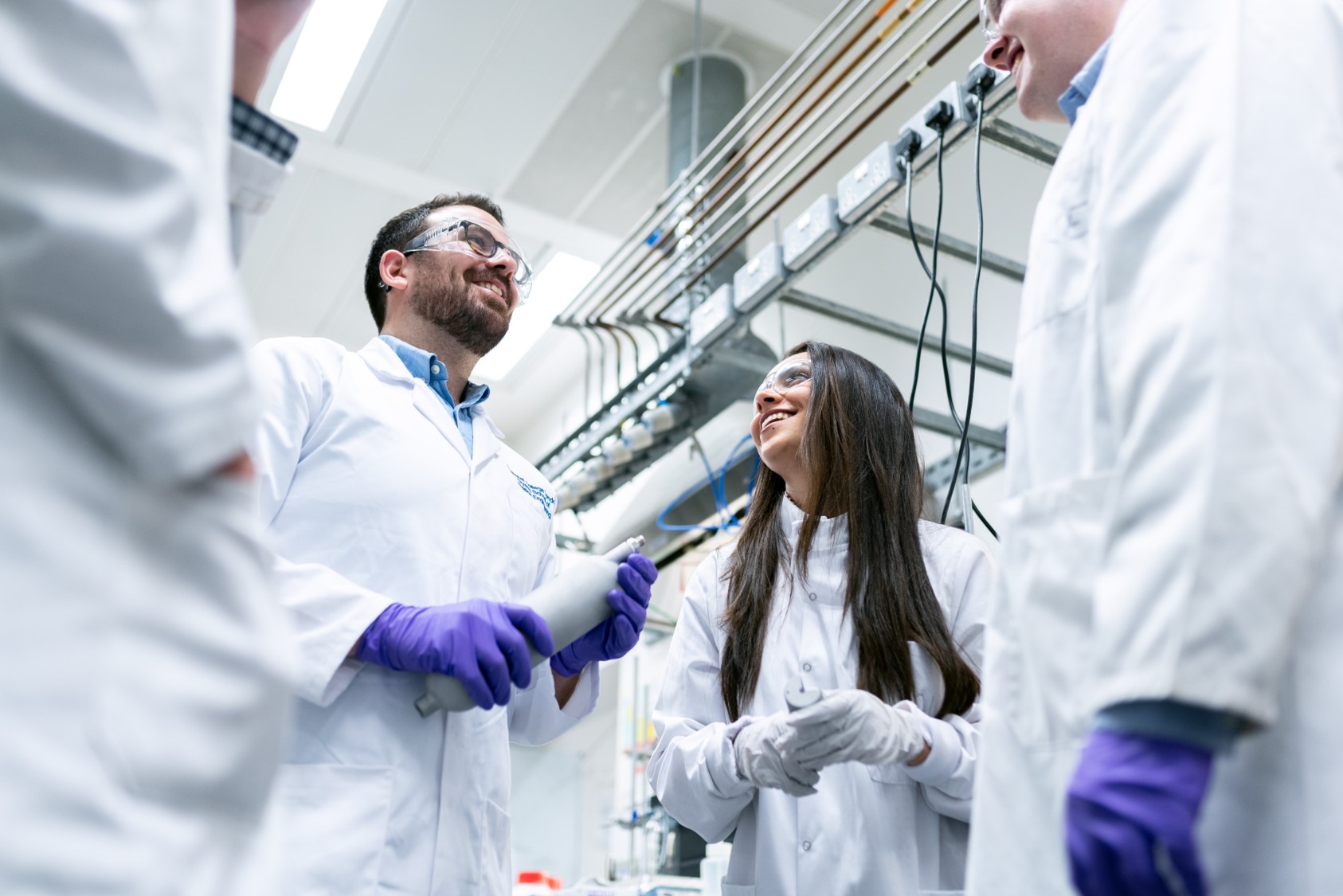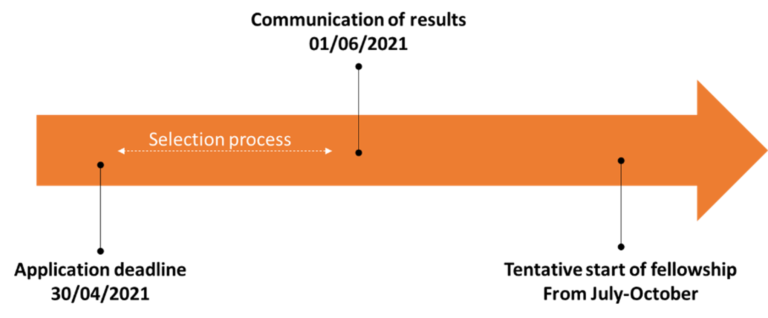Open positions
- Home
- Open positions
Open positions
NIPU-EJD is recruiting 12 highly motivated PhD candidates. The offered positions are available with a duration of 36 – 48 months to deliver joint or double doctoral degrees in two different EU countries. The fellowships are funded as part of the Marie Skłodowska-Curie Actions (MSCA) Innovative Training Networks under the European Commission’s Horizon 2020 programme.


GENDER ASPECTS
All the NIPU partners support equal opportunities for all researchers regardless of their gender, upon the “European Charter for Researchers and the Code of Conduct” and “EU objectives for gender equality in research”.
REQUIREMENTS
Eligibility criteria: We welcome applications from candidates of any nationality completing the following criteria:
- ESRs must not have resided or carried out their main activity ( studies, etc.) in the country of the recruiting organisation for more than 12 months in the 3 years immediately prior to their recruitment. Date of recruitment means the first day of the employment of the researcher for the purposes of the action (i.e. the starting date indicated in the employment contract/equivalent direct contract).
- ESRs shall at the date of recruitment by the host organisation, be in the first four years *(full time equivalent research experience) of their research careers and have not been awarded a doctoral degree. * It is measured from the date when the researchers obtained the degree which would formally entitle them to embark on a doctorate, either in the country in which the degree was obtained or in the country in which the researcher is recruited, irrespective of whether or not a doctorate is or was ever envisaged.
- Having a master degree or equivalent diploma in Chemistry, Chemical Engineering & Materials, awarded by a College, University or Technical School.
You may be required to provide documentation proving your eligibility for recruitment, i.e. to provide supporting documentation proving your place(s) of residence or work during the previous 3 years. Note that the mobility rule applies only to your first recruitment within the project, and not to other organisations to which you might be sent on secondment.
Successful candidates must have a high level of proficiency in written and spoken English, which will be assessed with the motivation letter and the interview, respectively.
APPLICATIONS PROCESS
Applications must be filed on-line through the NIPU website with the following supporting documents in a single PDF file:
- a digital copy with all academic certificates and academic records in the respective official transcription in English
- a detailed CV (including publications, relevant skills and experience) and a motivation letter in English (including a statement of your research interests)
- 2 letters of recommendation (including contact details)
Each candidate can apply to a maximum of two individual PhD projects. For this purpose, it is necessary to complete the application process for each of the projects individually. The candidates will be requested to rank the projects to which they are applying in order of preference (please note that there is no need to apply to more than one PhD project)
SELECTION PROCESS
TIMELINE


Benefits
- 3-4 years full time employment contract, PhDs are paid with a living allowance (the monthly living allowance for researchers in MSCA-ITN actions multiplied by country-specific correction coefficient of the country in which the researcher is recruited), an additional mobility allowance of 600 €/month (depending on the country regulation, it may be taxed), and, for researchers who have a family, a Family Allowance of 500 €/ month. The family allowance is due if the researcher has a family at the time of recruitment. ‘Family’ means persons linked to the researcher by marriage (or a relationship with equivalent status to a marriage recognised by the legislation of the country where this relationship was formalised) or dependent children who are actually being maintained by the researcher. All amounts are subject to employers and employees deductions and taxes, and the exact (net) salaries are dependent on local tax regulations and on the country correction factor (to allow for the difference in cost of living in different EU Member States).
- Each ESR will be admitted as a doctoral student and registered at the host and joint university.
- Acquisition of advanced research skills on sustainable chemistry development within a network combining an interdisciplinary, international and intersectoral environment. In particular, advanced research skills in organic chemistry, green chemistry, catalysis, polymer engineering, renewable products, polymer latexes, coatings, adhesives, foams and composites, each directly related to current challenges in NIPU technology.
- Intersectoral secondment opportunities. Each ESR will spend around 10% of their time in one of the companies (3 months) in addition to the academic secondment (12 months) needed for the double or joint doctorate. The industrial secondments are fundamental to fully developing their individual research projects, to exchanging knowledge, to exploiting the network potential and to fostering the development of a team working culture. The ESRs will directly experience the challenges involved in the transfer of academic research to meeting industrial needs.
- A well-structured training programme consisting of transferable skill courses, workshops, social events and networking.
- Training in laboratory conduct and best practices in research.
- Participation in dissemination, exploitation and communication activities.
- Broadening their professional network and enhancing their future research career prospects for their consolidation into competitive EU research institutions and world-class EU companies. They will have the scientific recognition, knowledge, and skills to sustain potentials collaboration and develop new research ideas for future research projects.
